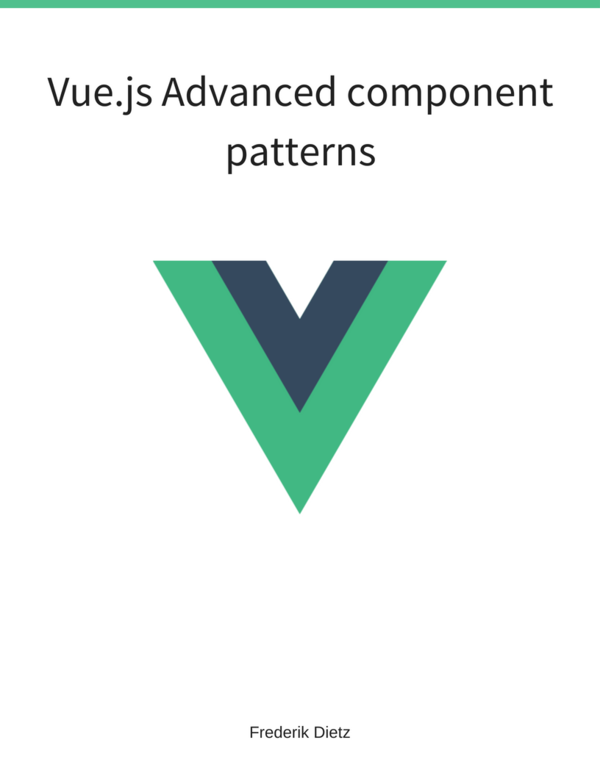Implementing Client-Side Routing
Problem
You wish to use client-side routing in conjunction with an Express backend.
Solution
Every request to the backend should initially render the complete layout in order to load our Angular app. Only then will the client-side rendering take over. Let us first have a look at the route definition for this “catch all” route in our app.js.
var express = require('express'),
routes = require('./routes');
app.get('/', routes.index);
app.get('*', routes.index);It uses the wildcard character to catch all requests in order to get processed with the routes.index module. Additionally, it defines the route to use the same module. The module again resides in routes/index.js.
exports.index = function(req, res){
res.render('layout');
};The implementation only renders the layout template. It uses the Jade template engine.
!!!
html(ng-app="myApp")
head
meta(charset='utf8')
title Angular Express Seed App
link(rel='stylesheet', href='/css/bootstrap.css')
body
div
ng-view
script(src='js/lib/angular/angular.js')
script(src='js/lib/angular/angular-resource.js')
script(src='js/app.js')
script(src='js/services.js')
script(src='js/controllers.js')Now that we can actually render the initial layout we can get started with the client-side routing definition in app.js
var app = angular.module('myApp', ["ngResource"]).
config(['$routeProvider', '$locationProvider',
function($routeProvider, $locationProvider) {
$locationProvider.html5Mode(true);
$routeProvider
.when("/contacts", {
templateUrl: "partials/index.jade",
controller: "ContactsIndexCtrl" })
.when("/contacts/new", {
templateUrl: "partials/edit.jade",
controller: "ContactsEditCtrl" })
.when("/contacts/:id", {
templateUrl: "partials/show.jade",
controller: "ContactsShowCtrl" })
.when("/contacts/:id/edit", {
templateUrl: "partials/edit.jade",
controller: "ContactsEditCtrl" })
.otherwise({ redirectTo: "/contacts" });
}
]
);We define route definitions to list, show and edit contacts and use a set of partials and corresponding controllers. In order for the partials to get loaded correctly we need to add another express route in the backend which serves all these partials.
app.get('/partials/:name', function (req, res) {
var name = req.params.name;
res.render('partials/' + name);
});It uses the name of the partial as an URL param and renders the partial with the given name from the partial directory. Keep in mind that you must define that route before the catch all route, otherwise it will not work.
You can find the complete example on github.
Discussion
Compared to Rails the handling of partials is quite explicit by defining a route for partials. On the other hand it is quite nice to being able to use jade templates for our partials too.
